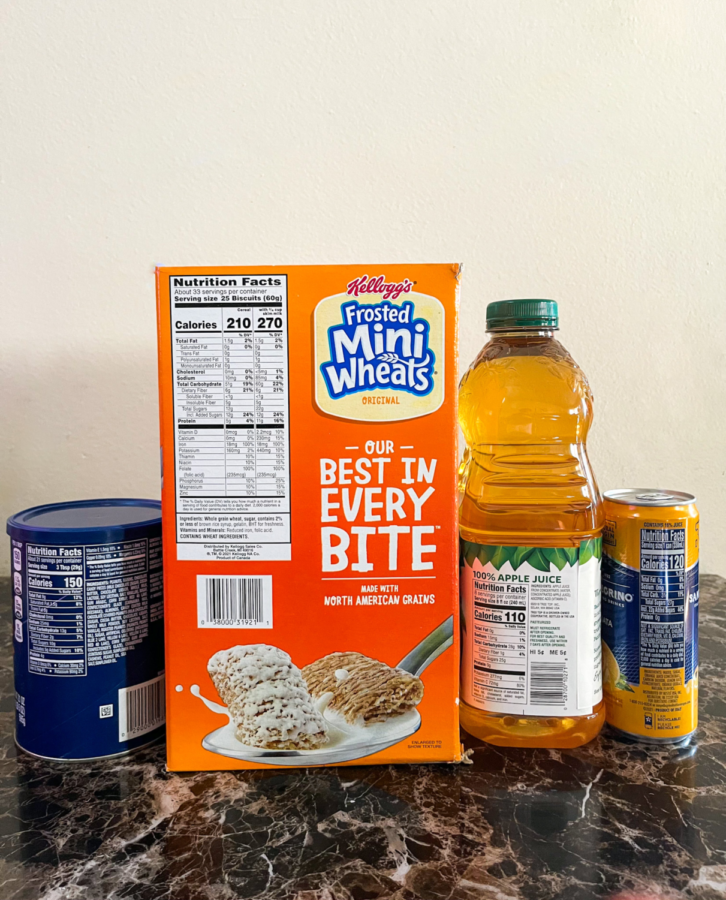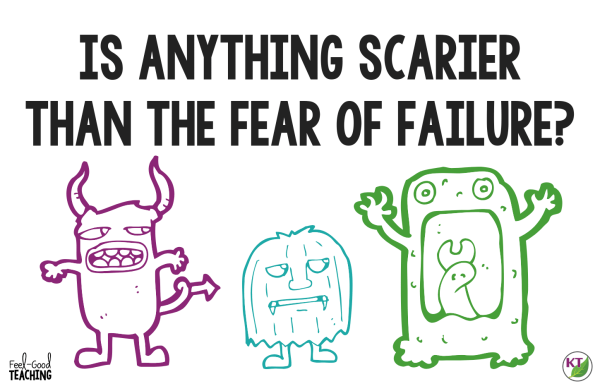Are Calorie Labels Lying to You?
Art/Photo by Roger Ayad
According to the Food and Drug Administration (FDA), every packaged food is required to have nutritional information published on the package. Kelly Brown (10) stated that wrestlers take great importance of nutritional labels: “We choose what we eat based on our calorie intake.”
Nutrition labels can be found on nearly all packaged foods. Many people who strive to be healthy pay close attention to the nutritional information on food packaging. It may even be a factor in deciding whether they eat specific foods. What if these calorie labels, the basis of human dieting, have been lying to you?
The idea of counting calories originally began in the 19th century by an American chemist Wilum Olin Atwater, who created the system of counting calories in single grams of protein, fat, and carbohydrates. Atwater’s scientific discovery doesn’t take into consideration all different types of foods. During a study by the Agricultural Research Service, it was found that people absorb less calories in nuts than labeled on the packaging since they take longer to digest. Some foods may contain more or less calories depending on the digestive rate of the individual.
Another problem of tracking calories from nutritional labels are the margins of error. According to FDA policies, calorie labels have a 20% margin error. This means a meal that is supposed to be two-hundred calories can actually have two-hundred and forty calories. This can make a massive difference to those who are attentive in tracking calories. Active bodybuilder Kentaro Matsugaya (11) has a watchful diet in order to maintain his physique. Calories help him “lift heavier weights” when working out. “When I go on my diet I track my calories, so those labels are really important to me,” Matsugaya stated.
Calorie intakes are not only important to keeping a healthy build, but they are essential in various sports. KJ Brown (10) is a bodybuilder and a part of West’s wrestling team. In order to compete in wrestling, certain weights must be met for players. “Cutting out food and eating different things are necessary in order to make weight,” Brown explained. He also stressed that “calories either left out of our diet or added in when bulking or gaining weight can influence performance.” Brown acknowledges that most wrestlers pay close attention to calorie labels in order to harness their skills. He assumes that if calorie labels were wrong, “it would cause an issue within the community.”
Daniel Lin (11), another player on West’s wrestling team, feels indifferent about calories. Lin recognizes that calories are important because the wrestlers “burn so much after every practice and need to gain it back.” However, Lin prefers cooking and eating non-processed foods, which makes it harder to know the nutritional information for each meal. He expressed that if “calorie labels were inaccurate, [he] wouldn’t really care.”
Millions of people rely on nutritional information for their health. However, it can also cause paranoia and obsession, which can be seen in illnesses like bulimia nervosa and anorexia nervosa. These disorders usually follow body dysmorphia, the condition where individuals become preoccupied with self-perceived flaws about their body — usually having to do with weight gain. The knowledge that there is a 20% margin of error on calorie labels could cause anxiety for people susceptible to body dysmorphia. That begs the question: should this information be heavily publicized?
The way in which our bodies function makes counting calories complicated. Certain foods digest faster and slower, meaning calorie intake can vary for each individual person. By publicizing this critical information, we can achieve a greater truth to calorie and nutrition intake in the media. This can also help people who are susceptible to different eating disorders by helping them realize the broad factors that play into weight gain and calorie intake. Calories are important tools that shape the way many people function and operate.
For more information about illnesses related to food: https://www.nimh.nih.gov/health/topics/eating-disorders









